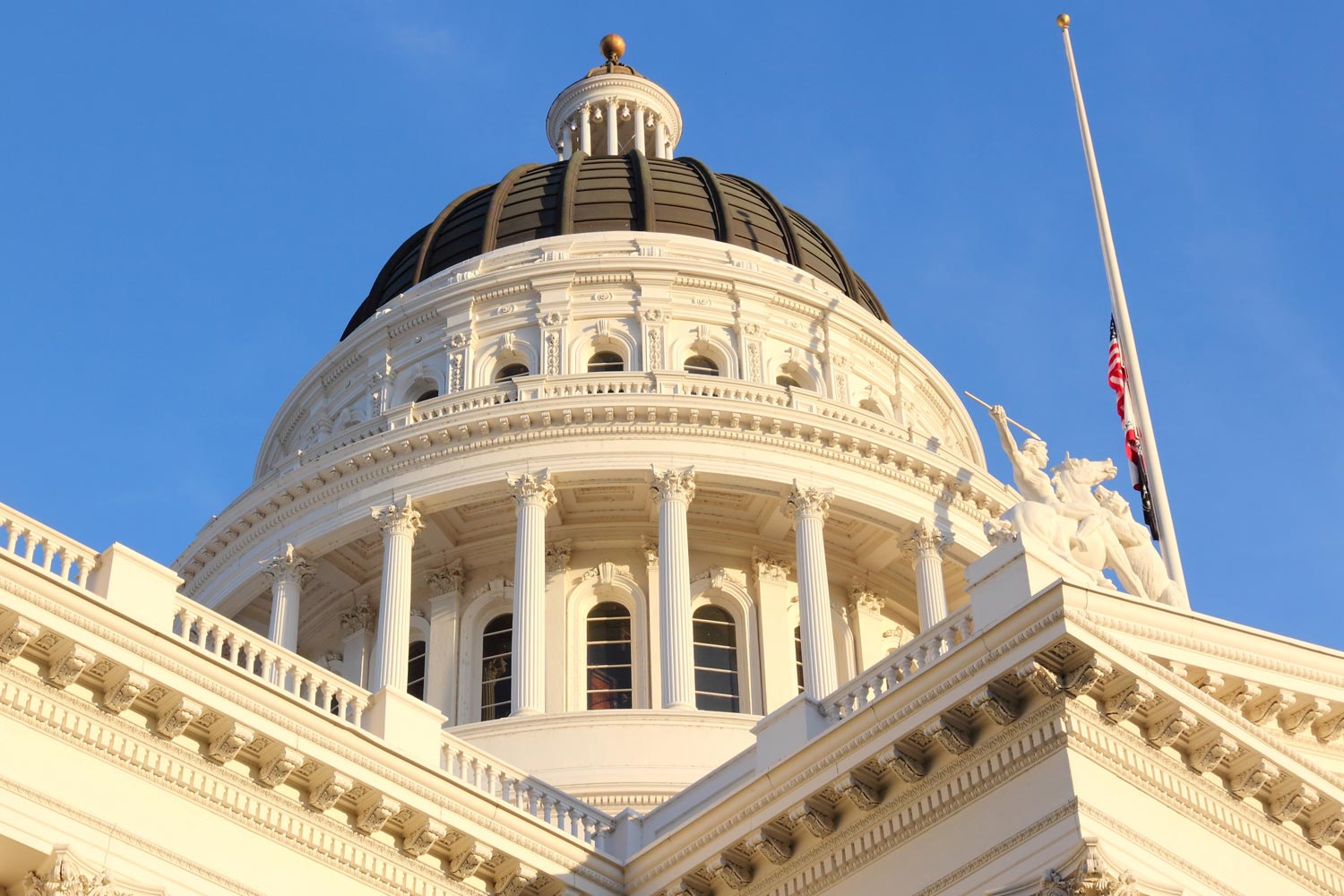
Neither law changes the existing processes for boards to create a student board member position, nor does either law require boards to create a student board member position if such a position does not already exist. Further, both laws apply only to public votes and public information — neither law applies to closed session votes or materials used in closed sessions.
Assembly Bill 261 (Thurmond, D-Richmond) stipulates that a student member of a school district governing board will be automatically granted preferential voting rights. Previously, a student member would be required to submit a petition to the board to allow him or her preferential voting rights – this bill deletes that provision from statute, and also deletes references to “nonvoting” student members.
AB 261 does not alter existing laws specifying that preferential votes do not affect final vote counts – a preferential vote remains defined as a formal expression of opinion that is recorded in the minutes and cast before the official vote of the board, but is not part of the final vote tally.
Senate Bill 468 (Leyva, D-Chino) adds a requirement that student board members receive open meeting materials and briefings at the same time as the other members of the board, and that student members be invited to staff briefings or be provided with a separate briefing within the same time frame.
Sen. Leyva pointed out that some school boards already make it a practice to provide their student members with materials beforehand and include students in briefings, allowing them to make more informed decisions, and that this is a “best practice that should be implemented by all school boards with a student board member.”
CSBA’s sample board policy BB 9150 – Student Board Members was updated in December to reflect the changes made by the two bills. CSBA did not adopt an official legislative position on either bill during the 2017 session.
Of some concern for LEAs has been AB 1008 (McCarty, D-Sacramento), which prohibits an employer from asking applicants about criminal conviction history until an employment offer has been tendered. However, this provision does not apply to local educational agencies.
The newly added Government Code section specifically does not apply to “a position for which a state or local agency is otherwise required by law to conduct a conviction history background check” or “a position where an employer or agent thereof is required by any state, federal or local law to conduct criminal background checks for employment purposes or to restrict employment based on criminal history.”
AB 168 (Eggman, D-Stockton), which addresses the gender pay gap, prohibits public agency employers from inquiring about an applicant’s salary history, and stipulates that employers may only consider salary history as a factor in employment decisions if that information is voluntarily offered by the applicant.
With this law now in effect, LEAs should ensure that all employment application forms and processes do not contain written requests for salary history, and ensure that staff are aware of this new provision and are trained to avoid asking applicants (or prompting applicants to provide details) about their prior salary history.